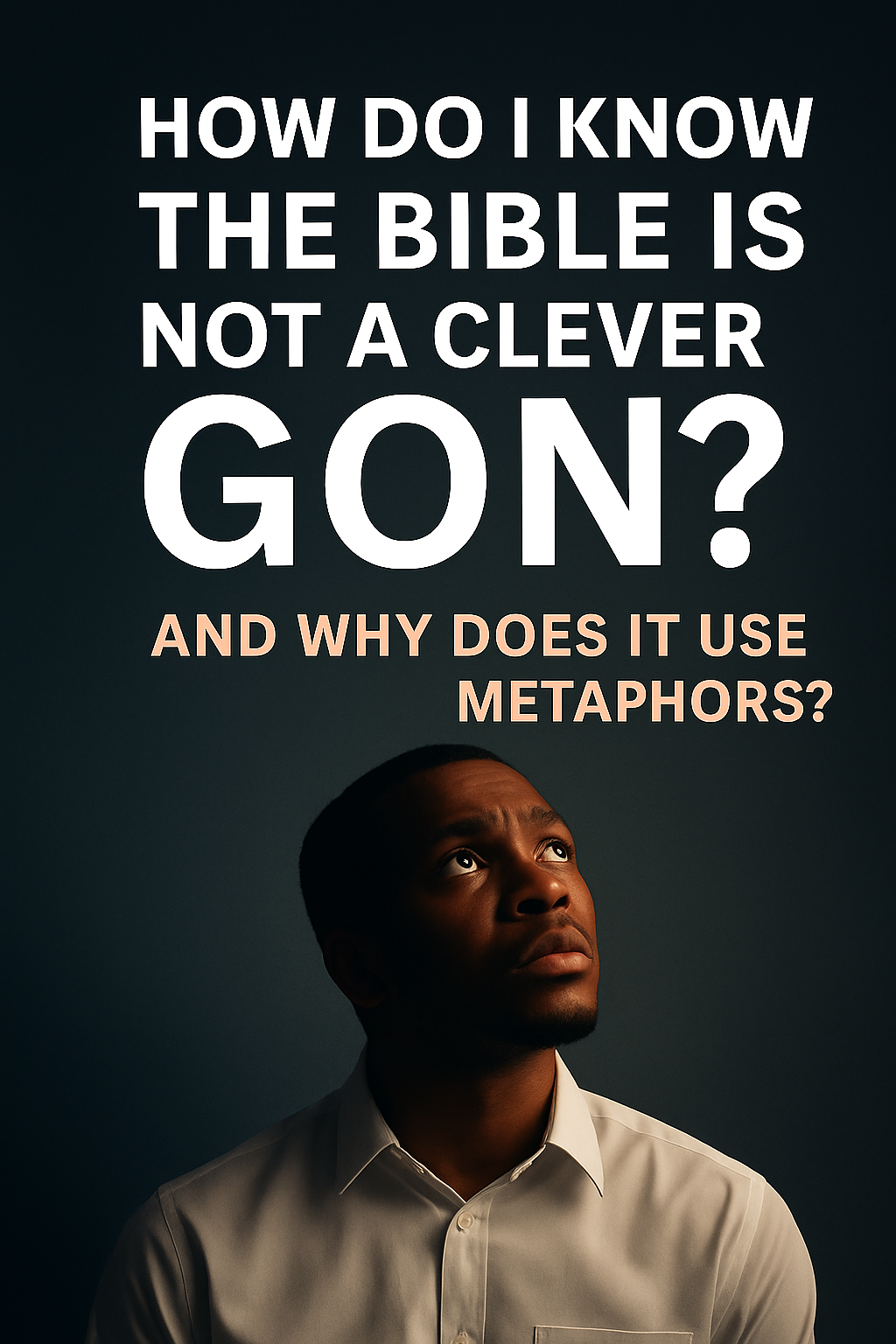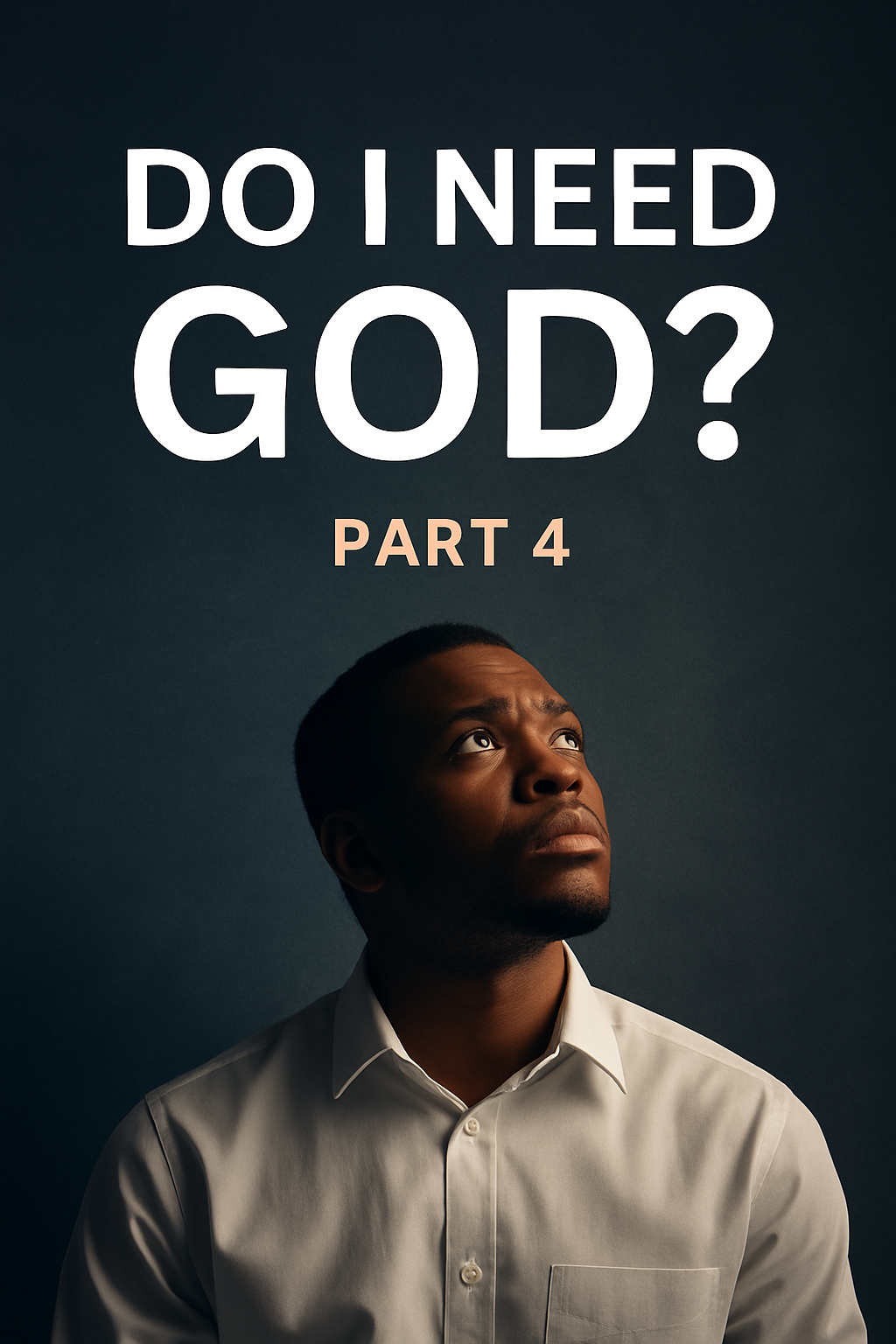Can I Trust the Bible?
The claim that “the Bible is full of contradictions” is one of the most popular reasons people dismiss it. But most who say it haven’t read the Bible for themselves — and if they have, they often mistake complexity for inconsistency, or perspective for error.
Let’s look at this clearly and fairly.
📌 1. What Exactly Is a Contradiction?
A logical contradiction occurs when two statements cannot both be true at the same time in the same sense. For example:
“Jesus was crucified”
vs.
“Jesus was not crucified”
That’s a contradiction.
But most alleged Bible contradictions are not like that. They’re more like:
“One Gospel says two angels were at the tomb, another says one.”
That’s not a contradiction — that’s a difference in detail. The one angel report never says “only one.” It simply highlights the one who spoke.
Selective reporting ≠ contradiction.
We do this all the time in real life. You might say, “I met Sarah at the coffee shop,” while your friend says, “I met Sarah and Jacob.” You both told the truth — you just emphasized different details.
📚 2. The Gospels: Four Perspectives, One Story
Think of the Gospels (Matthew, Mark, Luke, John) like four journalists covering the same event — from different angles, to different audiences.
- Matthew writes to Jews, emphasizing Jesus as the Messiah.
- Mark writes with urgency, often omitting long speeches.
- Luke, a doctor, gives detailed historical sequences.
- John focuses on theological meaning, not chronology.
These aren’t “contradictions.” They are complementary testimonies. And courts prefer multiple, slightly differing testimonies — because if all witnesses say exactly the same thing, it’s more likely they colluded.
🧠 3. Difficulties ≠ Errors
Some supposed contradictions stem from misunderstandings of culture, language, or context.
Example:
In 2 Samuel 24:1, it says God incited David to take a census.
But in 1 Chronicles 21:1, it says Satan did it.
Contradiction?
No — it’s theological layering. In Hebrew thought, God sovereignly allows what Satan intends. It’s the same with Job: Satan attacks Job, but God permits it. The agent and the ultimate purpose are not mutually exclusive.
Westerners often demand binary logic. But ancient literature allows tension, multi-layered causation, and theological nuance.
🔄 4. Numerical Discrepancies and Copyist Errors
Critics also cite different numbers in various passages — e.g., how many people died in a battle, or how many stalls Solomon had.
These are usually due to:
- Copyist errors (Hebrew numerals are easily miswritten)
- Round numbers vs. exact figures
- Translational differences
But here’s what matters: none of these affect any core doctrine. No essential teaching of Christianity hangs on a number or a date.
If a library contains 66 books and only a few details differ slightly in numeric copy — in non-doctrinal sections — do you throw out the whole library? Especially when the bulk agreement is astonishing?
🧬 5. The Bible’s Unity Despite Its Human Hands
People say, “Well, if it has human errors, how can it be God’s Word?”
But inspiration doesn’t mean robotic dictation. It means God breathed through human authors, using their styles, personalities, and vocabularies — while preserving His message.
Think of it like this:
- A conductor leads the orchestra
- Each instrument sounds different
- But the song is unified
The Bible’s central message is astonishingly consistent:
Creation → Fall → Redemption → Restoration
A broken humanity in need of a Savior — and a Savior who comes
That message never changes. Not from Genesis to Revelation.
✅ 6. The Challenge of Prejudice, Not the Problem of the Text
Many who claim “the Bible contradicts itself” haven’t really engaged the text. They’ve skimmed, or seen a meme, or watched a YouTube debate.
That’s not scholarship. That’s prejudice dressed as reason.
The Bible is a library. You can’t reject Shakespeare for not understanding Macbeth’s first act. You can’t throw out quantum mechanics after misreading one equation.
You have to read it honestly, deeply, and humbly.
🧭 Conclusion: Contradiction Is a Myth. Complexity Is Real.
The Bible is ancient, rich, multi-layered, and divinely guided through human authors. Its “contradictions” dissolve with study, context, and good faith reading.
Let’s stop repeating the lazy line that it’s “full of contradictions.”
Let’s ask:
“Am I honestly willing to let it speak?”
Because if you are — you’ll find a book that tells one story, over many centuries, across many authors, in many genres… and yet all leading to One Person:
Jesus Christ, the Word made flesh.


